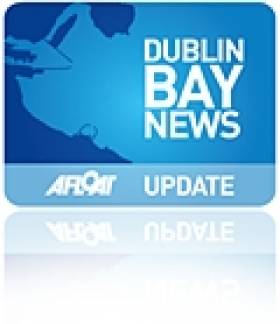Displaying items by tag: future
Dun Laoghaire Sailing Clubs Say Future is in Leisure
Dun Laoghaire's future lies in tourism and leisure, according to a submission on the new 'master plan' for the busy harbour.
The Irish Times reports that the town's top sailing and yacht clubs, who have come together under the banner of Dun Laoghaire Combined Clubs, are putting aside their individual interests "in favour of a larger and longer-term vision for the harbour".
The clubs' submission urges a rethink on public access to both the shore and water sides of the harbour. Inprovements in linking the town with the harbour area are already a goal of the master plan.
"Properly developed with a marine tourism and leisure focus [Dun Laoghaire] can generate new and sustainable sources of income." they said.
Dun Laoghaire Combined Clubs comprises the 'big four' waterfront clubs - the National, Royal Irish, Royal St George and Dun Laoghaire Motor Yacht Club - as well as the Dublin Bay Sailing Club and the Royal Alfred Yacht Club.
The Irish Times has more on the story HERE.
























































